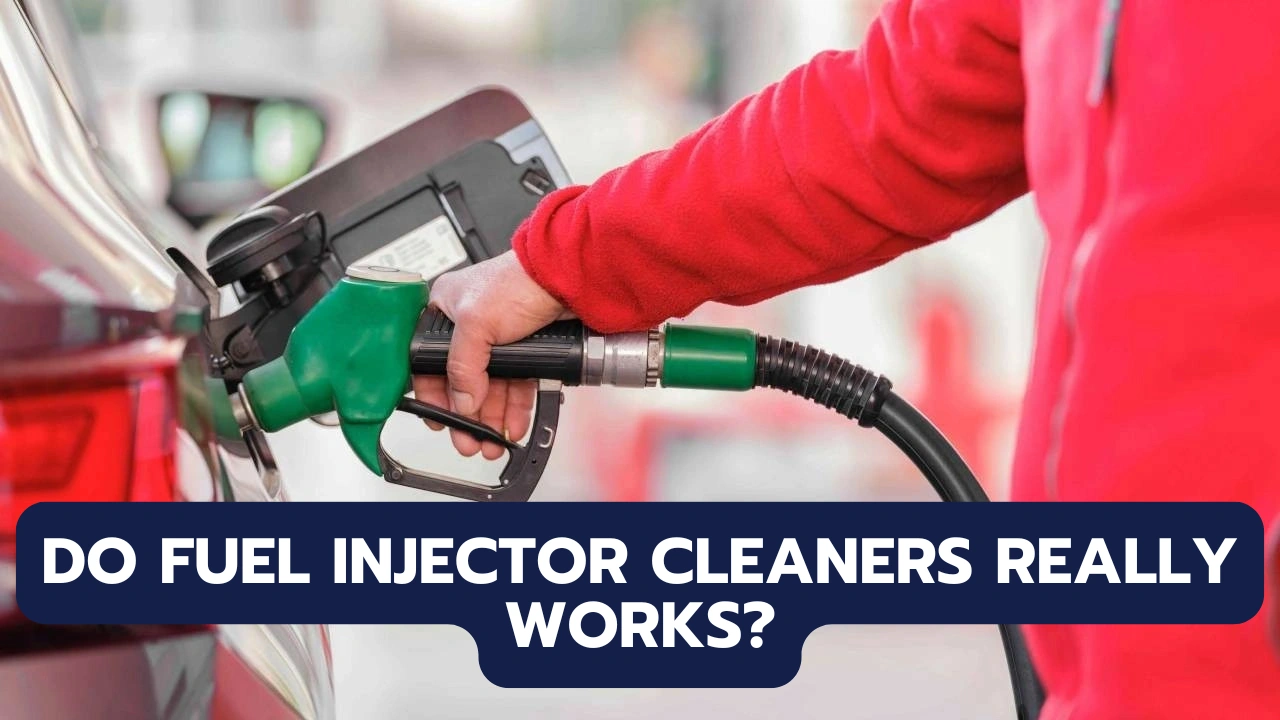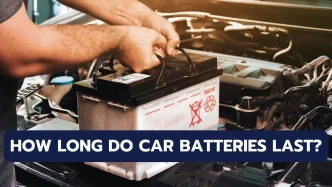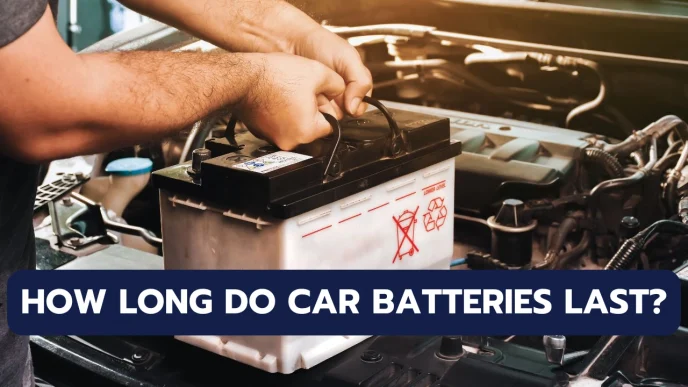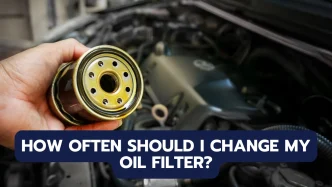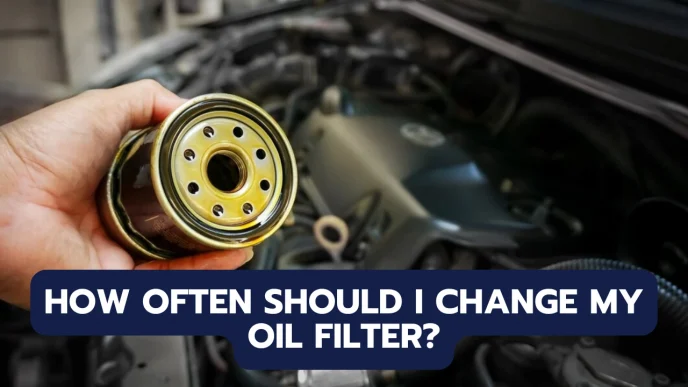Fuel additives have become a staple product in gas stations and auto parts stores, often promising to solve a host of engine problems or improve vehicle performance. Whether you’re dealing with clogged fuel injectors, poor fuel economy, or the need to stabilize fuel during storage, there seems to be a specialized additive for every purpose. But with the wide range of products available, it’s essential to understand which ones are worth the investment and which might simply be marketing hype.
From fuel stabilizers and octane boosters to fuel injector cleaners, each category of additive serves a different purpose. The key is to discern which products have verifiable benefits and which rely more on advertising than science. Here’s an in-depth look at the world of fuel additives and how you can maintain your engine’s performance effectively.
Fuel Additives That Actually Work
While skepticism around fuel additives is warranted, some products genuinely deliver on their promises. These additives tend to have clear, measurable benefits and are trusted for specific applications.
Fuel Stabilizers
Purpose: Fuel stabilizers are designed to prevent fuel from decomposing and forming gum or varnish deposits during long periods of storage. They are commonly used in vehicles that are stored seasonally, such as boats, RVs, motorcycles, and classic cars.
How They Work: When fuel sits for extended periods, it can break down and form residues that clog the fuel system and corrode engine components. Fuel stabilizers slow down this degradation process, keeping the fuel fresh and preventing harmful deposits.
Effectiveness: The benefits of fuel stabilizers are widely acknowledged, particularly for engines that are not run regularly. For seasonal storage, adding a stabilizer before storing the vehicle can save you from costly repairs when it’s time to hit the road again.
Octane Boosters
Purpose: Octane boosters increase the octane rating of gasoline, which helps prevent engine knocking or pre-ignition in high-performance engines.
How They Work: High-performance or modified engines often require higher-octane fuel to operate safely and efficiently. Octane boosters elevate the fuel’s octane rating, reducing the likelihood of premature ignition that can damage the engine.
Effectiveness: In scenarios where higher octane is necessary, such as racing or high-performance driving, octane boosters are effective. However, for regular vehicles that run on standard gasoline, they typically offer no noticeable benefit.
Anti-Gel Diesel Additives
Purpose: Anti-gel additives prevent diesel fuel from gelling in extremely cold temperatures, ensuring that the fuel flows properly.
How They Work: In freezing temperatures, diesel fuel can thicken and clog the fuel lines and filters. Anti-gel additives lower the fuel’s freezing point, keeping it fluid and ensuring that the engine starts and runs smoothly in cold weather.
Effectiveness: These additives are indispensable for diesel vehicle owners in cold climates. They are widely used and trusted for their effectiveness in preventing cold-weather fuel issues.
Fuel Injector Cleaners: Do They Really Work?
Fuel injector cleaners are among the most heavily marketed fuel additives, often claiming to restore engine performance by removing carbon deposits from the injectors. But do these products live up to the hype?
Understanding Fuel Injectors
Fuel injectors play a crucial role in modern engines by delivering precise amounts of fuel into the combustion chamber. They operate under high pressure and temperature, making them prone to carbon buildup, especially with today’s ethanol-blended fuels. Over time, these carbon deposits can reduce fuel efficiency, increase emissions, and affect overall performance.
The Claims vs. The Reality
While fuel injector cleaners are marketed as a solution to these problems, their effectiveness is often difficult to verify. Many products claim to clean deposits and restore performance, but scientific proof supporting these claims is limited.
EPA Registration Misconception: Fuel injector cleaners often tout that they are “EPA registered.” However, this registration does not mean the product has been tested for effectiveness. According to a 2011 EPA report:
“EPA does require fuel additives to be ‘registered,’ but EPA does not test candidate products for engine efficiency, emissions benefits, or safety as part of the registration process. Registration does not represent EPA endorsement of the product.”
In other words, just because a fuel additive is registered with the EPA doesn’t mean it works as advertised.
When Injector Cleaners Might Help
In some cases, using a fuel injector cleaner may provide minor improvements, particularly if you have a vehicle with noticeable performance issues caused by light carbon deposits. However, if the injectors are severely clogged, a simple pour-in additive is unlikely to help.
A Better Solution: Use Top Tier Gasoline
Instead of relying on fuel injector cleaners, there’s a more straightforward way to keep your injectors clean — use Top Tier Detergent Gasoline.
What Is Top Tier Gasoline?
Top Tier Gasoline contains a higher concentration of detergent additives that help keep engines free of deposits. This fuel standard was developed by a consortium of major automakers to address the issue of carbon buildup. Brands that meet Top Tier standards offer gasoline with superior cleaning properties.
Proven Benefits of Top Tier Gasoline
Recent testing by the American Automobile Association (AAA) demonstrated the effectiveness of Top Tier fuel:
Non-Top Tier gasoline caused 19 times more engine deposits after just 4,000 miles compared to Top Tier gasoline.
Given this evidence, switching to Top Tier gasoline can prevent deposit buildup and maintain engine performance without the need for additional additives.
What to Do If Fuel Injectors Are Clogged
If you’ve been using Top Tier fuel and still suspect that your injectors are clogged, it may be time to consult a mechanic. In severe cases, a professional cleaning is necessary.
Professional Injector Cleaning Process
- Injector Removal: The fuel injectors are removed from the engine.
- Chemical Cleaning: The injectors are soaked in a strong solvent with ultrasonic vibration to loosen deposits.
- Reverse Flushing: High-pressure solvent is forced through the injectors in the opposite direction of normal fuel flow.
- Media Blasting: External deposits are removed, and worn components like O-rings and seals are replaced.
This thorough cleaning process can restore injector performance more effectively than any over-the-counter additive.
Tips for Maintaining Clean Fuel Injectors and Engines
- Be Cautious with Additives: Fuel additives often make lofty claims without proven results. Use them sparingly and with realistic expectations.
- Opt Out of Unnecessary Services: Some repair shops add fuel additives during routine maintenance. Declining these services can save you money.
- Use Top Tier Fuel: Regularly using Top Tier Detergent Gasoline helps prevent deposit buildup and maintains engine efficiency.
- Don’t Fix What Isn’t Broken: If your vehicle is running smoothly, additives are unnecessary.
If performance issues arise, consult a qualified mechanic to diagnose the problem accurately. It may not always be related to the fuel system or injectors.
Fuel additives can sometimes deliver on their promises, but for most drivers, choosing quality fuel and maintaining your vehicle regularly are the best ways to ensure optimal performance and longevity.
Are fuel injector cleaners necessary for maintaining my vehicle?
Fuel injector cleaners are not always necessary for regular vehicle maintenance. If you use Top Tier Detergent Gasoline, which contains high-quality detergents, your injectors will generally stay clean. However, if you experience performance issues related to carbon buildup, a fuel injector cleaner might offer a temporary improvement. For severe clogging, professional cleaning is usually more effective than pour-in additives.
What is the difference between Top Tier Gasoline and regular gasoline?
Top Tier Gasoline contains a higher concentration of detergent additives compared to regular gasoline. These detergents help prevent carbon deposits from forming on fuel injectors, intake valves, and combustion chambers. According to AAA testing, vehicles using non-Top Tier gasolines developed 19 times more engine deposits after just 4,000 miles compared to those using Top Tier fuel. Many automakers recommend Top Tier Gasoline for maintaining engine efficiency.
How often should I use a fuel injector cleaner?
If you decide to use a fuel injector cleaner, it is generally recommended to do so every 3,000 to 5,000 miles. However, if you consistently use Top Tier Gasoline, you may not need to use injector cleaners at all. If you suspect your injectors are clogged, a mechanic can perform a more thorough cleaning.
Can fuel additives improve fuel economy?
Some fuel additives claim to improve fuel economy by cleaning deposits or enhancing combustion. While these claims are common, scientific evidence supporting significant fuel economy improvements is limited. The most reliable way to improve fuel economy is through regular vehicle maintenance, using high-quality fuel, and maintaining proper tire pressure.
Are octane boosters necessary for regular cars?
For most everyday vehicles, octane boosters are not necessary. These products are designed for high-performance engines that require higher octane levels to prevent engine knocking. Using an octane booster in a regular car will not typically improve performance or fuel efficiency. Always follow your manufacturer’s recommended octane rating for your vehicle.
How can I tell if my fuel injectors are clogged?
Signs of clogged fuel injectors include poor acceleration, rough idling, decreased fuel efficiency, and engine misfires. If your vehicle exhibits any of these symptoms, it’s best to have a mechanic diagnose the issue. Sometimes, the problem might not be related to the fuel injectors but to another part of the fuel system or engine.
Is it safe to mix different types of fuel additives?
It’s generally not recommended to mix different types of fuel additives. Combining additives can cause chemical reactions that might reduce their effectiveness or even harm your engine. If you’re considering using multiple additives, consult your vehicle’s manual or a mechanic to ensure compatibility.
What should I do if I accidentally overuse a fuel additive?
If you add too much fuel additive, it can potentially cause issues such as decreased engine performance, increased emissions, or damage to the fuel system. In most cases, you can dilute the additive by refilling the gas tank with fresh fuel. If you notice any unusual behavior in your engine, it’s best to have a professional check it out.
Do diesel fuel additives work differently from gasoline additives?
Yes, diesel fuel additives are formulated to address issues specific to diesel engines, such as fuel gelling in cold weather, water contamination, and injector lubrication. Common diesel additives include anti-gel agents, cetane boosters, and water dispersants. These additives are widely regarded as effective for maintaining diesel engine performance, especially in cold climates.

